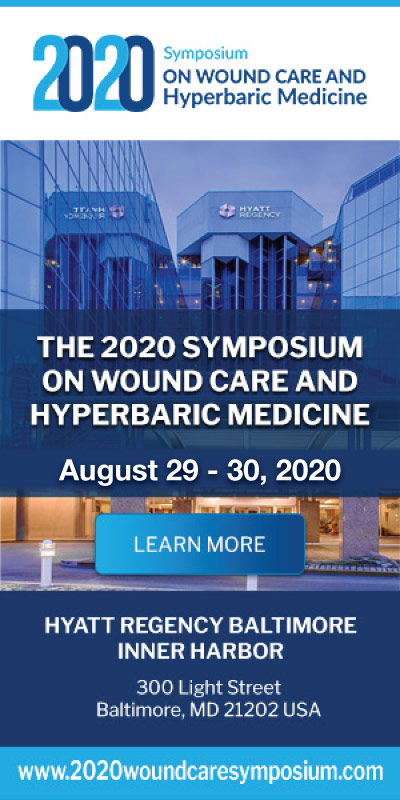August 2023
 Dealing with Fatigue after Hyperbaric Oxygen Therapy: Strategies and Recommendations
Dealing with Fatigue after Hyperbaric Oxygen Therapy: Strategies and Recommendations
Hyperbaric Oxygen Therapy (HBOT) is a remarkable medical treatment that has proven to be beneficial for various conditions, including wound healing, tissue repair, and many others. While HBOT offers numerous advantages, it’s not uncommon for patients to experience fatigue after sessions. Understanding this temporary side effect and learning how to manage it can help patients maximize the benefits of their therapy. In this blog post, we’ll explore the reasons behind post-HBOT fatigue and provide practical recommendations to combat tiredness effectively.
Why Does Fatigue Occur after Hyperbaric Oxygen Therapy?
Hyperbaric Oxygen Therapy involves exposing the body to pure oxygen at increased atmospheric pressure, which stimulates healing processes and promotes cellular regeneration. The fatigue experienced after HBOT can be attributed to several factors:
Increased Oxygen Consumption
During HBOT, patients receive higher oxygen levels than they are accustomed to, leading to increased oxygen utilization by the body. This can result in temporary fatigue as the body adapts to enhanced oxygen saturation.
Physiological Effects
HBOT can influence various physiological systems, including the circulatory, nervous, and immune systems. These changes, while beneficial, can cause temporary fatigue as the body readjusts to the altered state.
Session Duration
Hyperbaric oxygen therapy sessions typically last between 60-120 minutes. Prolonged exposure in a confined space can lead to mental and physical exhaustion.
Strategies to Manage Fatigue after HBOT
If you find yourself feeling tired after HBOT sessions, here are some practical strategies to help you deal with post-therapy fatigue:
- Rest and Recovery: Allow your body ample time to rest and recover after each session. Make sure to get sufficient sleep each night, aiming for at least 7-8 hours. Avoid overexertion and give yourself permission to take short naps during the day if needed.
- Stay Hydrated: Proper hydration is crucial for your body’s overall well-being. Drinking an adequate amount of water throughout the day can combat fatigue and help flush out any toxins released during therapy.
- Balanced Nutrition: Opt for a well-balanced diet that includes fresh fruits, vegetables, whole grains, lean proteins, and healthy fats. Nutrient-rich foods can provide your body with the necessary energy to combat fatigue effectively.
- Gentle Physical Activity: Engage in light exercises such as walking or stretching to help improve blood circulation and alleviate fatigue. Consult your healthcare provider before starting any new exercise regimen.
- Stress Management: Find relaxation techniques that work for you, such as deep breathing exercises, meditation, or engaging in hobbies you enjoy. These activities can help reduce stress levels and promote better sleep quality.
- Support System: Reach out to family, friends, or support groups to share your experience. Connecting with others who have undergone HBOT or are going through similar journeys can provide emotional support and valuable advice.
When to Seek Medical Advice
While fatigue is a common side effect of HBOT, it is essential to monitor your symptoms and consult with your healthcare provider if any concerns arise. Seek medical advice if:
- Fatigue persists or worsens over time.
- You experience extreme or prolonged exhaustion.
- Other concerning symptoms accompany fatigue, such as dizziness, shortness of breath, or chest pain.
Call MVS Woundcare If You’re Experiencing Any Of The Above Symptoms
Hyperbaric Oxygen Therapy is a valuable treatment option for various medical conditions, but it can lead to temporary fatigue for some patients. By understanding the reasons behind this fatigue and implementing the strategies mentioned above, individuals can effectively manage and overcome tiredness, ensuring a smoother recovery process. Remember, open communication with your healthcare provider is crucial to address any concerns or questions you may have throughout your HBOT journey.
*The information is stated for educational purposes only and does not substitute for professional medical advice. We strongly recommend consulting a medical professional or healthcare provider if you are seeking medical advice, diagnoses, or treatment. To learn more, please reach out to MVS Woundcare & Hypebarics at 410-433-4300



 Dealing with Fatigue after Hyperbaric Oxygen Therapy: Strategies and Recommendations
Dealing with Fatigue after Hyperbaric Oxygen Therapy: Strategies and Recommendations
Sorry, the comment form is closed at this time.